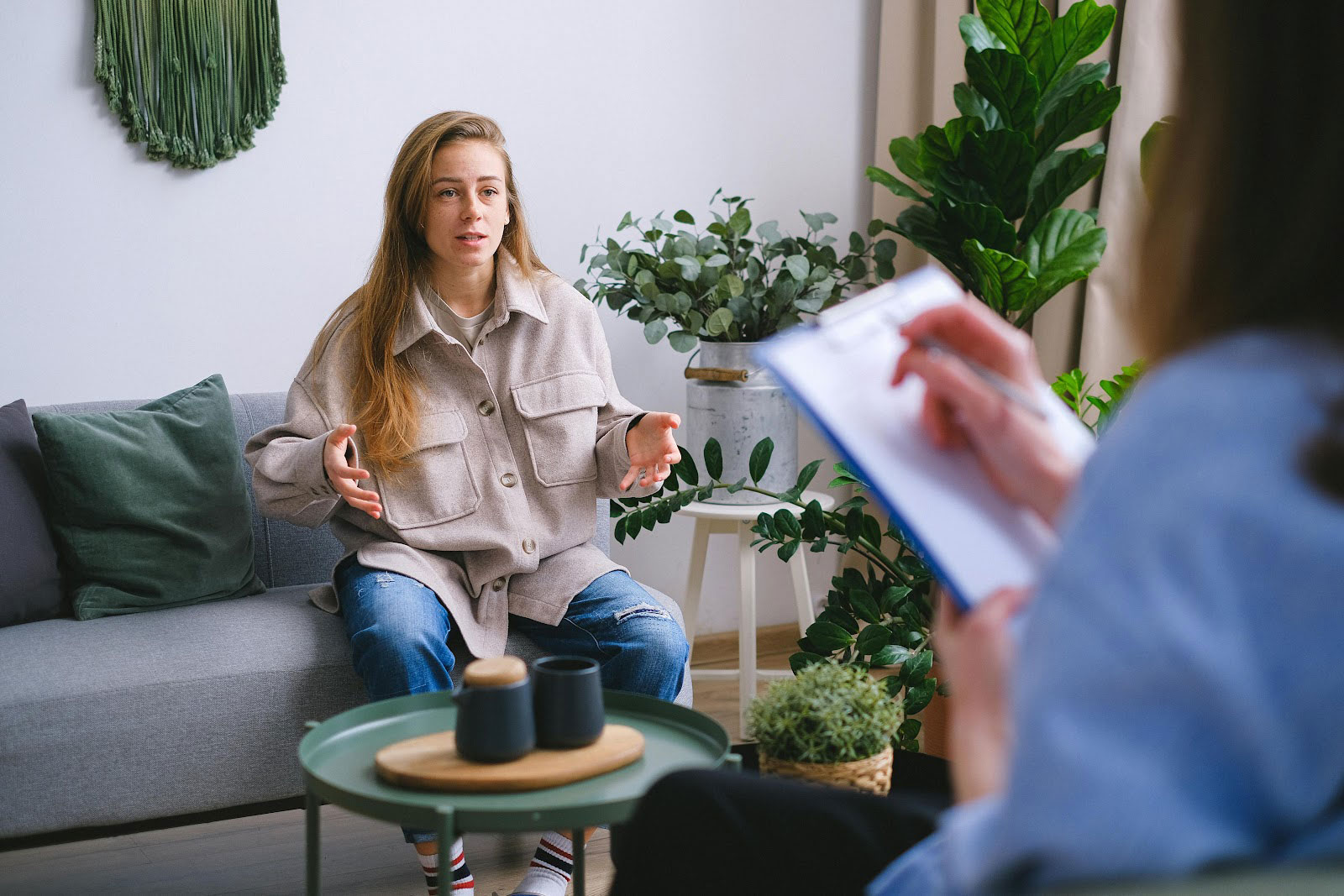In the sphere of recovery support groups, effective communication serves as the cornerstone of fostering a therapeutic environment. Among the essential skills to master are active listening, empathetic response, and respect for diverse perspectives and confidentiality. By enhancing these communication skills, we can create an environment that promotes trust and openness, thereby greatly contributing to the recovery journey. But how can we further refine these skills for ideal impact? This discussion aims to explore this vital question.
Understanding the Role of Communication
If you are considering attending a recovery support group for alcohol or drug abuse, one essential element to understand is the role of communication. Communication is not just about expressing your thoughts and feelings; it is a tool for fostering understanding, empathy, and mutual respect among group members. Nonverbal cues such as facial expressions, body language, tone of voice, and eye contact can convey a wealth of information about a person’s feelings, attitudes, and intentions, significantly enhancing group dynamics.
These cues can help you better understand the sentiments of others, thereby fostering a supportive environment conducive to recovery. In a recovery support group, healthy group dynamics are essential in creating a safe and supportive environment. Understanding and effectively utilizing communication can positively influence these dynamics, encouraging openness, trust, and mutual respect among members. This can lead to more meaningful discussions, deeper connections, and ultimately a more effective recovery journey.
Enhancing Listening Skills in Groups
A crucial component of effective communication in recovery support groups is the development of robust listening skills. Active listening, a key facet of these skills, is not merely about hearing words but understanding the emotions and intentions behind them. This process involves giving undivided attention and showing that you’re tuned in with appropriate body language while providing feedback without interruption or judgement. Feedback techniques can enrich the process of active listening, ensuring that the speaker feels heard and understood.
These techniques can range from summarizing the speaker’s ideas, asking open-ended questions to gain more insight, or simply expressing that you understand their feelings, showcasing an empathetic nature. By developing these essential skills, recovery support groups can become sanctuaries of effective communication and profound healing. Enhancing listening skills cultivates a supportive and understanding atmosphere, essential for individuals dealing with substance abuse, benefiting both speakers and listeners through personal growth and enhanced emotional intelligence.
Expressing Empathy and Respect
Fostering a culture of empathy and respect plays a significant role in the dynamics of recovery support groups. Empathy is about relating to others’ experiences and emotions, while respect signifies acknowledging their individuality and worth. Expressing empathy extends beyond words; nonverbal cues such as maintaining eye contact, nodding in understanding, and adopting an open body language can convey empathy effectively. These cues suggest that you are present, attentive, and genuinely interested in the other person’s experiences.
Respect can be demonstrated by maintaining confidentiality, not interrupting when someone else is speaking, and being accepting of differing viewpoints. It is essential to remember that everyone in the group is on their unique journey towards recovery. Mutual respect fosters an environment where individuals can share their struggles and triumphs freely without fear of judgement, enhancing the group’s overall effectiveness. By nurturing an atmosphere of respect and understanding, the group supports each member on their personal recovery journey.

Final Thoughts
In essence, skilled communication within recovery support groups can foster a nurturing environment conducive to recovery. The practice of active listening, empathetic expression, respect for confidentiality, and acknowledgement of diverse viewpoints can greatly improve group dynamics. Implementing these communication strategies not only enhances the group’s efficiency but also supports individuals in their recovery journey, highlighting the indispensable role of effective communication in fostering a supportive recovery environment. If you or someone you care about is grappling with substance abuse, remember that support is within reach. At Bluecrest, we provide an intensive outpatient program customized to suit individual needs, fostering recovery and optimism. Our team of devoted professionals is dedicated to offering the guidance, support, and tools needed to navigate the path to sobriety.
Frequently Asked Questions
What Can I Expect in My First Recovery Support Group Meeting?
In your first recovery support group meeting, you can expect an environment of empathy, understanding, and confidentiality. You will be introduced to group dynamics, where sharing personal experiences is encouraged. Initially, you may feel overwhelmed, but remember, everyone is there for a common purpose: recovery. Active participation, listening attentively, and respect for others’ experiences are essential. This first step takes courage, but it’s a significant stride towards your healing journey.
How Can I Handle Disagreements or Conflicts Within the Group?
In managing disagreements within a recovery support group, effective communication is key. Implementing conflict management and disagreement resolution strategies can be beneficial. This could involve active listening, acknowledging different perspectives, and working towards a consensus. Remember, everyone is on a unique journey of recovery and their viewpoints may differ. It’s important to foster an environment of respect and understanding to promote healing and growth.
What Should I Do if I’m Feeling Uncomfortable Sharing My Experiences?
If you’re feeling uncomfortable sharing your experiences, it’s important to respect your personal boundaries. You’re not obligated to disclose anything that you’re not ready to. Active listening – focusing on others’ stories and providing empathetic responses – can also be a meaningful way to engage with the group. Over time, as trust builds, you may feel more at ease sharing your own experiences. Always remember, recovery is a personal journey and everyone’s pace differs.
What Are the Best Strategies to Stay Motivated in the Recovery Process?
Staying motivated in the recovery process often requires a blend of goal setting and positive reinforcement. It’s essential to establish achievable, personal goals that align with your recovery. Celebrating each milestone, no matter how small, serves as positive reinforcement. This not only boosts your self-esteem but also your determination to stay on course. Constantly reminding yourself of the progress made and the benefits of a sober life can help maintain motivation.
How Does Confidentiality Work in a Recovery Support Group?
Confidentiality in recovery support groups is essential for maintaining an atmosphere of trust. It guarantees that personal experiences shared within the group remain private, fostering open and honest communication. This trust-building aspect is vital for each member’s recovery journey. Breaching this confidentiality can severely damage the therapeutic environment and impede progress. Always respect this rule to sustain a supportive, secure space for everyone involved in the recovery process.



